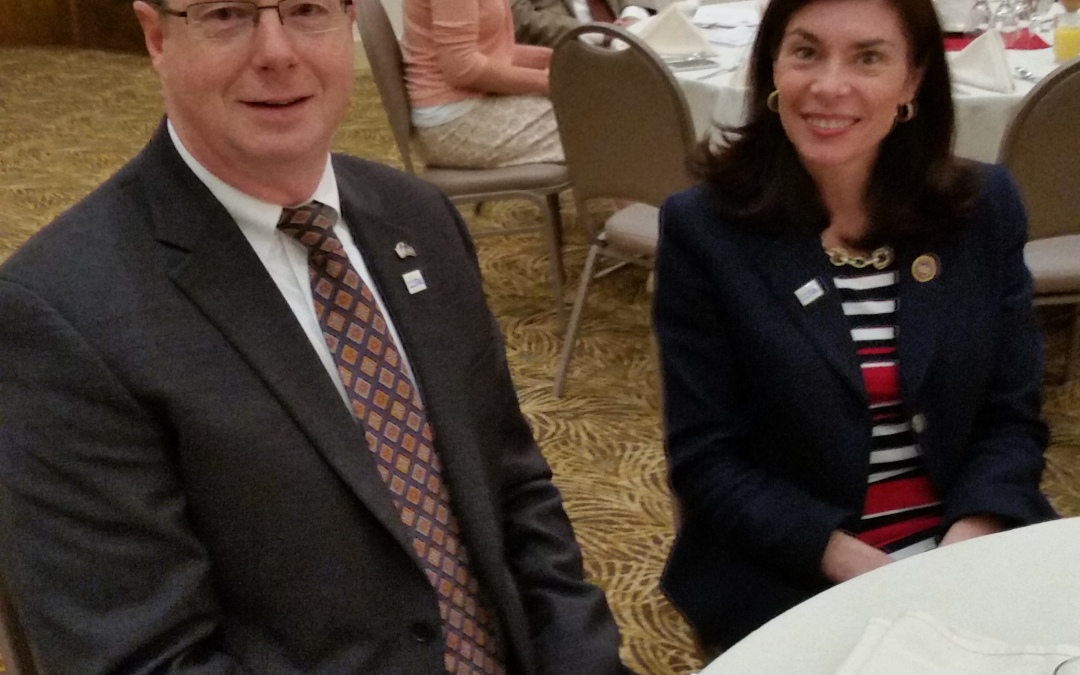York Daily Record: 5 Takeaways from Local and State Leaders about High-Quality Pre-K in Pennsylvania
More than a dozen local and state leaders gathered for a breakfast on the topic Friday in West Manchester Township
By Dylan Segelbaum
dsegelbaum@ydr.com @dylan_segelbaum on Twitter
More than a dozen local and state leaders gathered on Friday at the Wyndham Garden Hotel in West Manchester Township to talk about the benefits of high quality pre-K, calling it essential to the future of Pennsylvania.
In front of more than 60 people, speakers discussed where Pennsylvania stands in terms of access to high-quality pre-K, how expanding it could benefit the state, and what’s involved in some of Gov. Tom Wolf’s proposals about education in his executive 2015-16 budget. The breakfast was part of the initiative Pre-K for PA. Pre-K programs prepare children for kindergarten by teaching them basic skills to help their development.
Here are five takeaways from the event:
1. Access to high quality pre-K in York County:
Robert Woods, the executive director of United Way of York County, said that locally there are 10,858 children who are ages 3 and 4. Of those, he said, only 9 percent have access to high-quality, publicly funded pre-K.
2. What is the Pre-K for PA initiative?
Steve Wray, the executive director of the Economy League of Greater Philadelphia, said the organization is one of 10 partners in Pre-K for PA, an initiative advocating for every 3- and 4-year-old to have access to it.
“Pre-K is a smart choice,” he said. “It saves money, it builds incomes, it builds intellectual capital for the future — it builds our capacity for our state and for our regions.”
Wray outlined the goals of the campaign, which was started last year:
• Educate people about the benefits of pre-K
• Discuss the social and economic benefits
• Encourage legislators to invest more money
3. Long-term return on investments
Wray, citing data from an analysis commissioned by the league, said:
• For every $1 Pennsylvania spends on pre-K, $1.79 is created in immediate spending
• If the state provided pre-K for all 3- and 4-year-olds, that would generate $800 million and 28,000 jobs
• In the long term, that investment would translate into $17 in savings for every $1 spent
Read the full article here.





